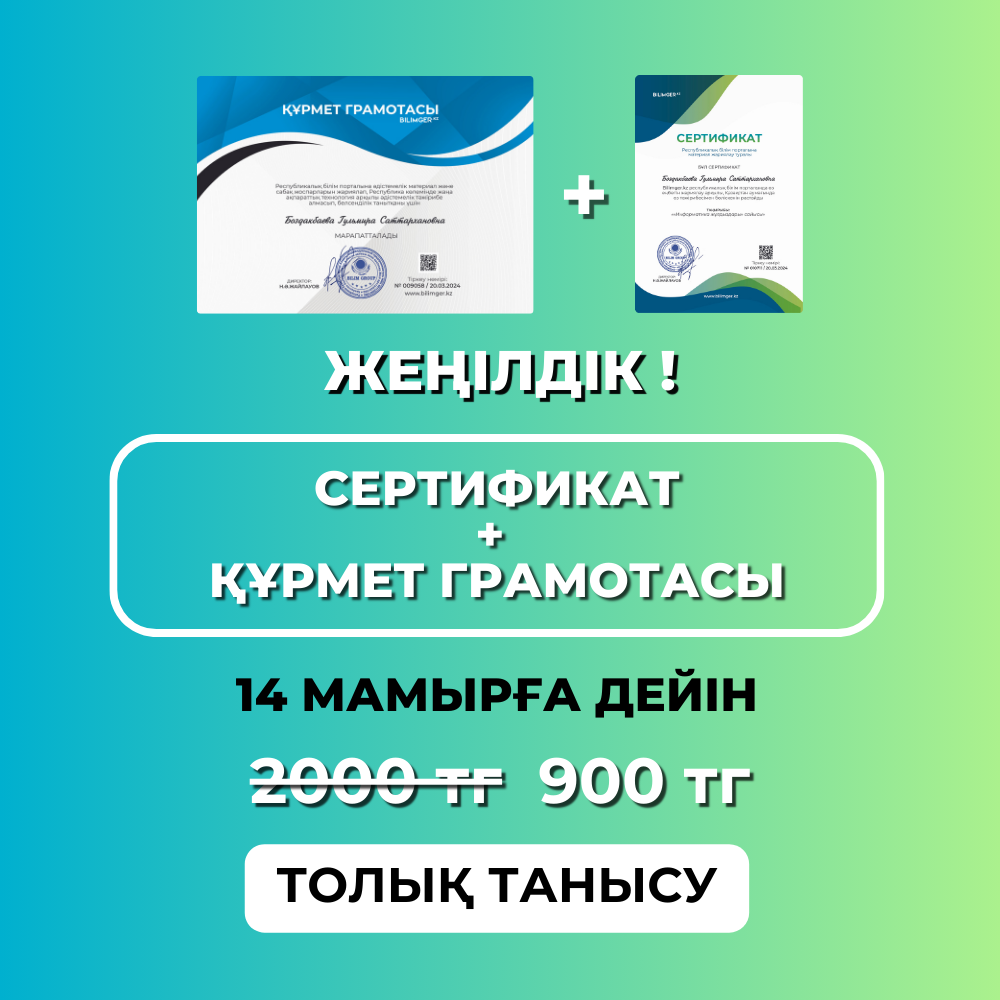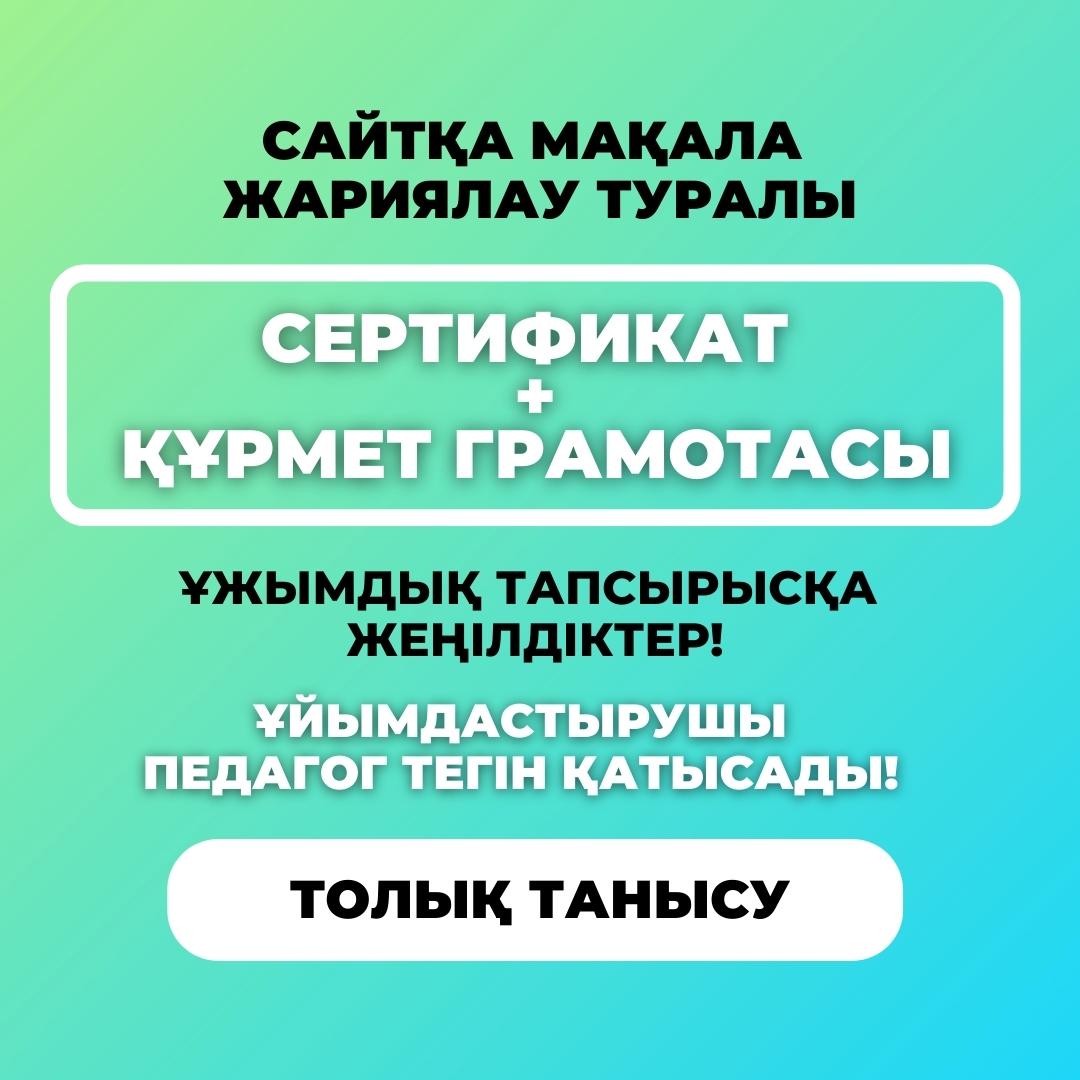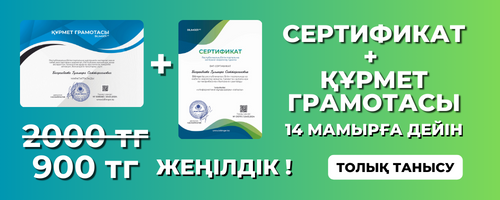Topic of the lesson: “The Organic industry in the UK” Grade 10
Short-term plan
| Module 4. Organic and non organic worlds | Esik College of Humanities and Economics | |||||||||||||||||||||||||||||||
| Date: | Teacher’s name: | |||||||||||||||||||||||||||||||
| Grade: 10 | Number present: | Absent: | ||||||||||||||||||||||||||||||
| Topic of the lesson: “The Organic industry in the UK” | ||||||||||||||||||||||||||||||||
| Learning objectives | 10.2.2 — understand specific information in unsupported extended talk on a wide range of general and curricular topics, including talk on a limited range of unfamiliar topics;
10.S5 interact with peers to make hypotheses about a wide range of general and curricular topics 10.4.5 — deduce meaning from context in extended texts on a wide range of familiar general and curricular topics, and some unfamiliar topics; 10.5.5 — develop with support coherent arguments supported when necessary by examples and reasons for a wide range of written genres in familiar general and curricular topics; |
|||||||||||||||||||||||||||||||
| Lesson objectives
|
— Understand the lexical meaning of the new vocabulary on the topic
— Expand knowledge about the organic industry as one of the branches of the economy — Introduce organic products that we use on a daily day — Conduct free discussion with the interlocutor on the topic “The organic industry” |
|||||||||||||||||||||||||||||||
| Assessment criteria: | — find the meaning of new words without difficulty
understand the content of the topic “The Organic industry in the UK” wihout support — interact with peers, with groupmates to real the topic of the lesson during discussion — find and prove information about the organic industries of US and KZ and their similarities -explain what organic products made from |
|||||||||||||||||||||||||||||||
| Value links |
students are convinced of the important role of art in life and develop an interest and respect for art |
|||||||||||||||||||||||||||||||
| Previous learning | Writing essay using arguments about organic food | |||||||||||||||||||||||||||||||
| Cross-Curricular Link | Writing. Advantages and Disadvantages of Organic food | |||||||||||||||||||||||||||||||
| Use of ICT | Chemistry, Biology | |||||||||||||||||||||||||||||||
| Beginning
3 мин
2 мин |
Organization moment
Greeting Mark absent and present learners Date / Day/ Month / about weather
Whole class activity Brainstorming. Teacher offers a list of words and asks to divide them into three columns with headings to determine the topic of the lesson. Learners are divided into 3 groups choosing the words Food / Clothe / Care product — What branch of the economy is engaged in to produce these products? There are many industries in the world: business industry, construction industry, hotel industry. Which industry produces these products? (The organic industry)
|
Active board Slide
|
||||||||||||||||||||||||||||||
| Middle
5 мин
7 мин
5 мин
6 мин
|
Pre-reading
Individual work Activity 1. -Strategy “Missing letters” Learners are given Handout to put the “missing letters” in order and to define the English equivalents of the words in Kazakh , then they write on the Active board flipchart Vocabulary
Individual / Pair work Activity 2 -Strategy “One minute” Learners read the text “The organic industry in the UK” and underline new vocabulary in the text, write sentences with new vocabulary and give Kazakh equivalents
The organic industry in the UK is worth over 2.09 billion euro and counting. Clothing Clothing made from organic cotton and wool is sold in man high street stores in the UK. It is especially popular with young people and working professionals who can afford to spend a little more when they shop. Organic materials such as cotton and wool are produced without the use of any synthetic chemicals. The cotton comes from organic cotton plants and the wool, which is often produced in the UK, comes from organically-farmed sheep and Alpacas. Such wool is used in jumpers, scarves, hats and gloves, all of which people buy to stay warm during the UK’s cold winters. Health and Well being The organic health and well-being sector grew by more than 20% in 2016 and is now worth more than £61.2 million. Much like other organic products, organic toiletries and beauty products must be produced without synthetic chemicals, GMOs and animal testing. From deodorants and sun creams to makeup and toothpastes, organic products are available in pharmacies, supermarkets, health shops and even online stores. Many health and well-being products in Britain say ‘organic’ on them, but shoppers have to look carefully for an official certified organic logo on the packaging. Even though these products are more expensive than non-organic alternatives, many British people choose to buy them for 1 2) children because they are safer, more natural and they don’t contain harmful chemicals. Pair work work Activity 3 – Strategy “Creative Discussion ” Finding related information ….Search for in the internet and find some information or examples on the work and share this information with their partner Watch and listen the text and discuss using previous reading task —Why Organic?
Group work Activity 4 – Strategy “ Vienn diagram” Learners find more information “The organic industry in the UK” and in “The organic industry in KZ” and similar products
Individual work Activity 5 -Differentiation by support Learners chose a box by their level and write information on the flipchart
|
Handout
Textbook Action for Kazakhstan grade 10
internet, web-site
Flipchart
Flipchart
|
||||||||||||||||||||||||||||||
| End
5 min
|
Group / Individual work
Feedback. Strategy “ Interview” Each group prepare as many different questions as possible, and a student go to the next group and put his/her question. After taking an answer she/her evaluate answering student.(Learners evaluate each other) Do you use organic products? What organic products are sold in the shops? Is your jumper organic material? What organic fruit do you like? What is your jacket made of?
|
|||||||||||||||||||||||||||||||
| Additional information | ||||||||||||||||||||||||||||||||
| Differentiation – how do you plan to give more support? How do you plan to challenge the more able learners? | Formative Assessment – how are you planning to check students’ learning?
|
|||||||||||||||||||||||||||||||
| Reflection: | ||||||||||||||||||||||||||||||||
| Were the lesson objectives/learning objectives realistic? What did the learners learn today? What was the learning atmosphere like? Did my/our planned differentiation work well? Did I/we stick to timings? What changes did I/we make from my/our plan and why? | ||||||||||||||||||||||||||||||||
| Summary evaluation:
What two things went really well (consider both teaching and learning)? 1:
2:
What two things would have improved the lesson (consider both teaching and learning)? 1:
2:
What have I learned from this lesson about the class or individuals that will inform my next lesson? |
||||||||||||||||||||||||||||||||





